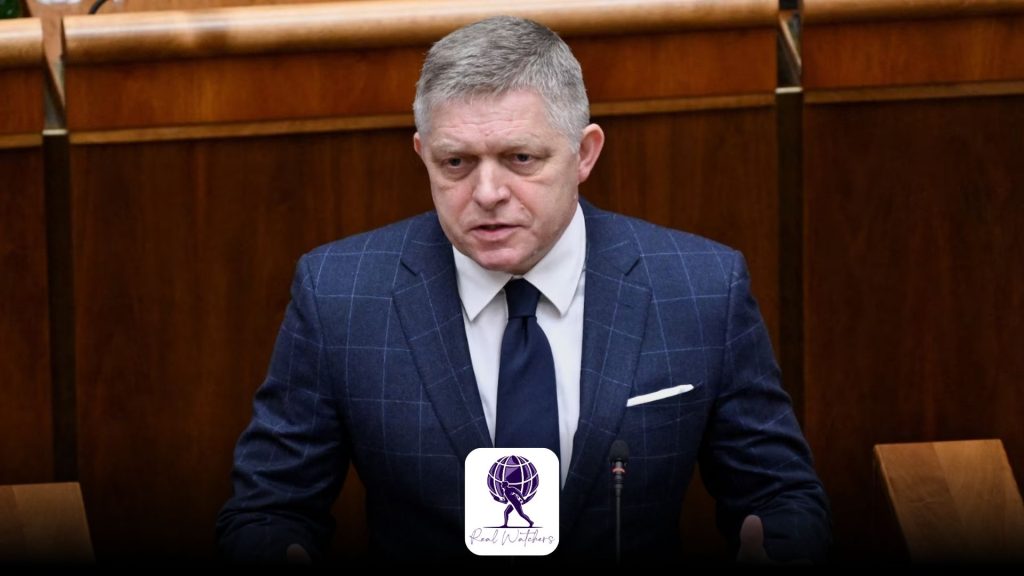On Saturday, Slovak Prime Minister Robert Fico dismissed protesters’ demands for his resignation. The protesters gathered in large numbers to voice their opposition to his government’s pivot towards Russia.
According to estimates from organizers, approximately 60,000 individuals gathered in the capital city of Bratislava on Friday. Media reports indicate that the total number of participants in rallies across various cities in the country reached around 100,000, marking the largest demonstrations since Fico’s return to power in 2023.
The protests follow Fico’s private trip to Moscow in December, where he met with Russian President Vladimir Putin. This meeting marks a notable event for a European Union leader since Russia’s invasion of Ukraine in 2022.
In an interview with the public broadcaster on Saturday, Fico stated, “The government can only be changed if there are elections,” in response to questions regarding the ongoing protests.
This week, Fico’s leftist-nationalist administration leveled accusations against progressive opponents, alleging that they are plotting to intensify protests to topple the government unlawfully. Opposition parties and civic organizations coordinating protests have dismissed the allegations.
Fico has made allegations, referencing intelligence services, claiming that a group of unidentified experts in Slovakia assisted in protests against a pro-Russian leader in Ukraine in 2014 and Georgia last year. However, he has not provided any evidence to support these claims.
On Saturday, he announced that a list of individuals slated for expulsion was being prepared, though he refrained from providing further details.
Protests are approaching the intensity witnessed in 2018, a year marked by the assassination of an investigative journalist that sparked widespread demonstrations and ultimately led to Fico’s resignation during a previous term in office.
Critics argue that the ruling coalition of the four-time prime minister is undermining democratic values, simultaneously realigning foreign policy away from EU and NATO partners and moving closer to Russia.
The civic group Mier Ukrajine (Peace to Ukraine), which organized protests on Friday under the banner “We are Europe,” has announced plans for additional demonstrations on February 7.
Fico has stood by his government’s foreign policy, asserting that it aims to maintain positive relations with all parties involved. Although he has criticized specific EU policies, he emphasized that the overarching framework of policy remains influenced by EU and NATO membership.
The delicate balance of his three-party coalition, which secured 79 out of 150 seats in the 2023 elections, faces a significant challenge next week as an opposition motion of no-confidence is set for debate.
On Friday evening, a junior ruling party took the significant step of expelling two members. This follows a trend from last year when three deputies departed from another junior coalition partner despite their support for the government in several crucial votes.








